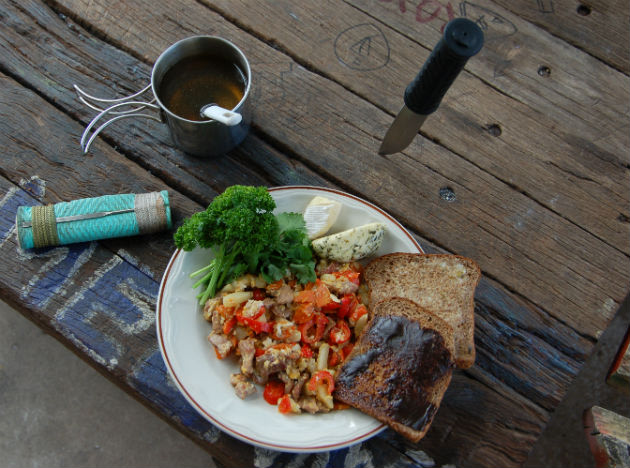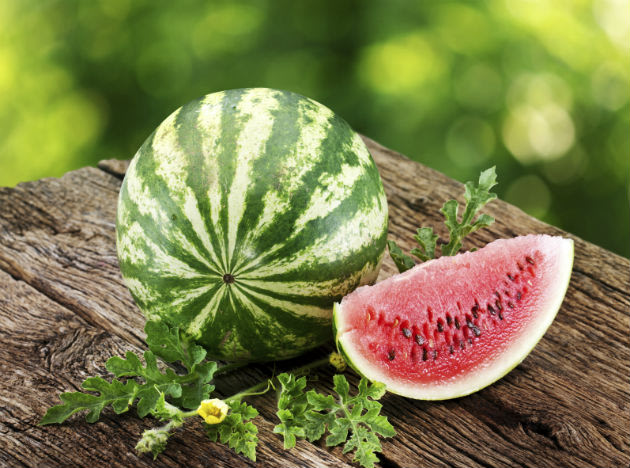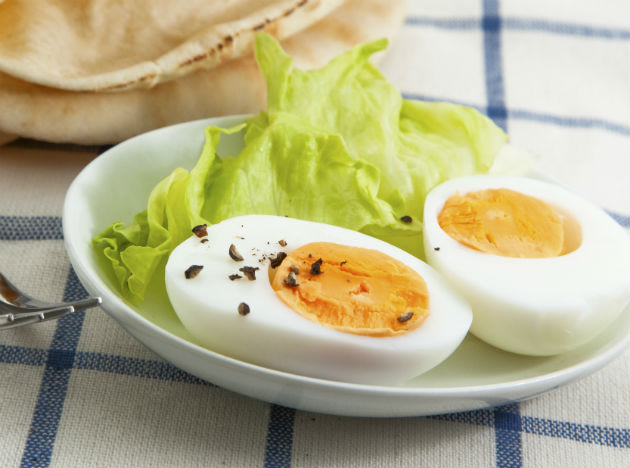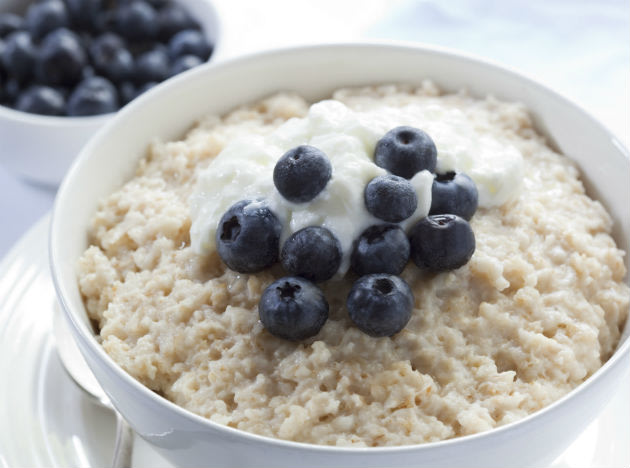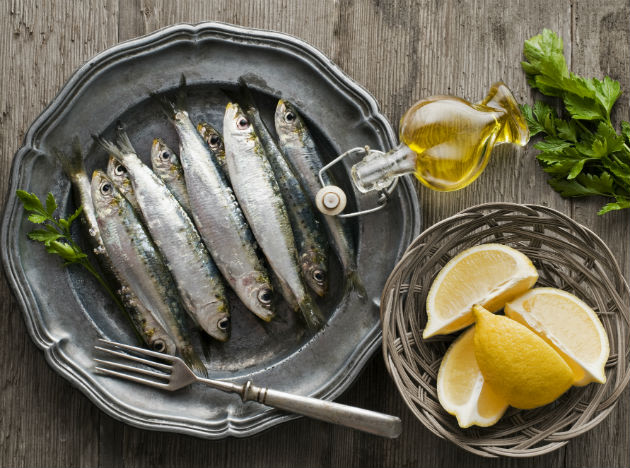Alexander Stubb, the foreign affairs minister, said he thinks it will be perfectly possible for Britain to "differentiate" itself in Europe as there are lots of opportunities to "take a few raisins out of the bun".
Several EU foreign ministers were on Wednesday hostile to Mr Cameron's plans for agreeing a new relationship with Europe and calling a public vote on membership of the EU by 2017.
However, Angela Merkel, the German Chancellor, struck a conciliatory note and Mr Stubb told BBC Radio Four this morning that the speech was actually "constructive".
"We need Britain in Europe and Europe needs britain as well," he said. "It's going to be a long path but it's very good for the British EU debate."
He said his views might seem surprising from a staunch pro-European, but he "wants to see the UK serious and at the of the EU debate not yapping about from the margins like Ukip."
Related Articles
- 23 Jan 2013
- 23 Jan 2013
- 23 Jan 2013
- 23 Jan 2013
- 23 Jan 2013
- 23 Jan 2013
"This really clarifies the debate and it was a gutsy move," he added.
Mr Stubb, who has previously warned Britain not to put itself on the margins, was also optimistic about the British Prime Minister's chances of achieving renegotiation with other EU members.
"There has been a lot of differentiation inside the EU over its history," he said. "A lot of countries are not in the euro, lots are not in Schengen, there are some outside defence and hundreds of directives not implemented. Of course we have stick to the bulk of it but of course we can take a few raisins out of the bun."
Last night, David Lidington, the Europe minister, said the Conservative manifesto would set out more detail on Britain's approach to clawing back powers from Brussels.
However, Chris Grayling, the Justice Secretary, told BBC Breakfast this morning that the Prime Minister "shouldn't start with a detailed list of items".
"We should start with a direction that says, look, what weメre trying to do here is to ensure that decisions about Britain that need to be taken in Britain can be taken in Britain," he said.
After Mr Cameron's speech, Mrs Merkel signalled she might help Britain reach a deal by saying she would be prepared to listen to Britain over its "wishes" for looser ties with the EU.
Mrs Merkel said she wants to see a "fair compromise" after David Cameron called for radical EU reforms before a public vote on Britain's membership.
"Germany, and I personally, want Britain to be an important part and an active member of the European Union," she said today.
"We are prepared to talk about British wishes but we must always bear in mind that other countries have different wishes and we must find a fair compromise. We will talk intensively with Britain about its individual ideas but that has some time over the months ahead."
Her intervention was see as the first step towards a possible victory by Mr Cameron, who has always argued it is possible for Britain to get a "fresh settlement" with Brussels.
The Prime Minister was yesterday cheered by his own party in the House of Commons, after he promised a referendum by the end of 2017.
In a move that risked infuriating European leaders, he has also called for wider reform of the EU allowing countries to define their own relationships with Brussels.
"Far from unravelling the EU, this will in fact bind its members more closely because such flexible, willing cooperation is a much stronger glue than compulsion from the centre," he said.
Ministers from the Netherlands, Czech Republic and Finland have all signalled they may be open to this idea.
However, several foreign ministers from Germany, France and Italy dismissed Mr Cameron's chances of getting a fresh settlement with Brussels or deeper reform of the whole EU.
One of Mrs Merkel's close allies also today called for immediate British referendum on EU membership because Mr Cameron is unlikely to get the new settlement he envisages.
Gunther Krichbaum, the chairman of the Bundestag's powerful European committee, told German MPs that Britain should get on with a vote.
"There's no reason to delay the decision because all the arguments are on the table," he said. "There is and can be no renegotiation in Cameron's sense."
Mr Krichbaum also attacked the PM's timing for a referendum, after 2015 during a period when the eurozone would trying to create "fiscal union".
"While others switch into fourtth gear, Cameron goes into reverse gear," he said.
A German foreign minister earlier warned Britain will not be allowed to “cherry pick” which laws it wants to follow.
Guido Westerwelle flatly rejected the Prime Minister’s demand that the condition of Britain’s continued membership was the return of sovereignty.
“Germany wants the United Kingdom to remain an active and constructive part of the EU. But cherry picking is not an option,” he said.
Mr Westwerwelle insisted that, in stark contrast to Britain, Germany is currently pushing for extra EU powers to tackle the eurozone debt crisis, a position that leaves little scope for a special deal for Britain.
"Germany wants an ambitious reform of the economic and monetary union in such decisive issues as the future of our common currency. We do not need less, but more integration," he said.
His comments echo those made by Laurent Fabius, the French foreign minister, who went further to suggest that France would “roll out the red carpet” for businesses as Britain mulls whether to leave the EU.
“We can't have Europe a la carte,” he said.
“Imagine the EU was a football club: once you've joined up and you're in this club, you can't then say you want to play rugby.”
Jose Manuel Garcia-Margallo, the Spanish foreign minister, also accused Mr Cameron of playing a "very dangerous game" by feeding Euroscepticism by offering a popular vote on the EU.
“What Cameron has to understand is that you can't put the brakes on that train,” he said.
Joschka Fischer, the influential former German foreign minister, even accused Mr Cameron of living in “ideological dream worlds”.
“The belief that the EU could be renegotiated and Germany would support this borders on a belief in miracles,” writes in Süddeutsche Zeitung today.
EU officials are alarmed at Mr Cameron’s promise of a British referendum at a time when many Europeans would like a vote on developments in the EU, from imposed austerity to bailouts of Southern Europe.
"He's created a timebomb with the referendum. The clock is ticking. There is no renegotiation and no inclination to give Britain a special settlement at a time when the eurozone is having to do things that everyone dislikes," said a high-level EU official. "He has put the referendum back in European politics and no one is going to be grateful to him for that."
Martin Schulz, the German speaker of the European Parliament, said: "This was an inward looking speech that does not reflect European reality and will not impress many of the UK's European partners. The speech was more about domestic politics reflecting concerns of Eurosceptic elements of the Conservative Party.
"Prime Minister Cameron with his referendum announcement is playing a dangerous game for tactical, domestic reasons. (He) resembles the sorcerer’s apprentice, who cannot tame the forces that he has conjured – forces that want to leave the EU for ideological reasons, to the detriment of the British people."

